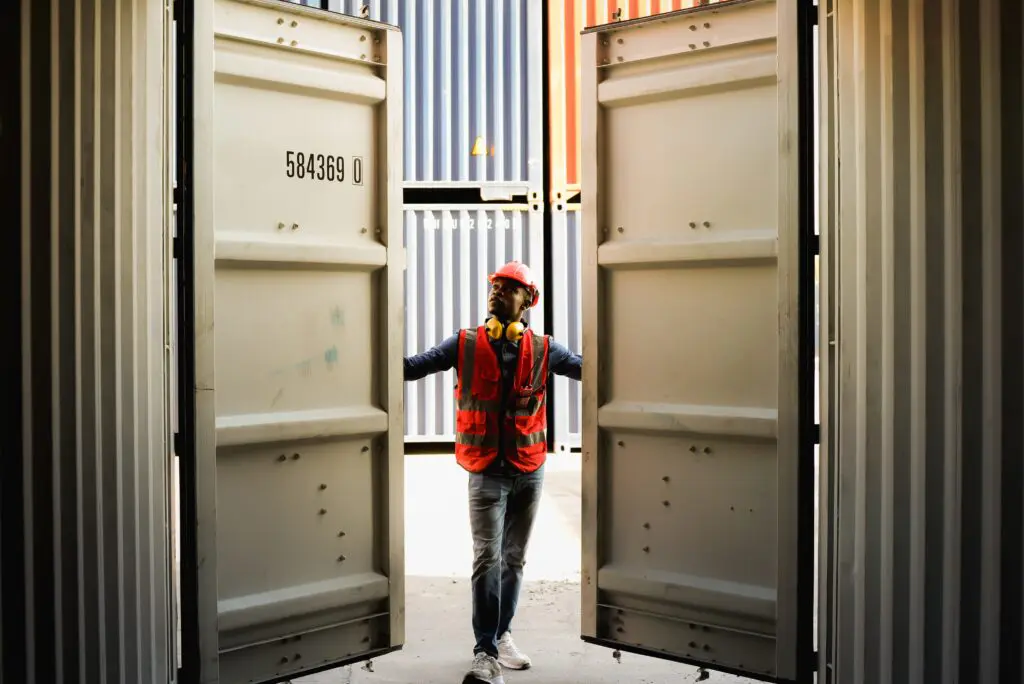The European Commission has published details of the individual waste streams being sought by non-OECD countries looking to import EU scrap.
Any non-OECD country wanting to receive EU exports of secondary materials after May 2027 had until 21 February to apply to the European Commission, a condition of the revised EU Waste Shipments Regulation.
In all, 24 responded by the deadline: Bangladesh, Bosnia and Herzegovina, Egypt, El Salvador, India, Indonesia, Kazakhstan, Malaysia, Moldova, Monaco, Morocco, Nigeria, North-Macedonia, Pakistan, Philippines, Saudi Arabia, Serbia, Singapore, Taiwan, Thailand, Togo, Tunisia, Ukraine and Vietnam.
Breakdown sought
When the list was announced, the Bureau of International Recycling (BIR) was among those seeking a breakdown of which material streams had been applied for. BIR says the data enables recyclers to determine whether their specific materials and commodities have been included in their country’s application.
‘Although this data does not mean that each of these applications has been accepted, it indicates the potential materials that may flow from the EU to the approved countries if their applications are accepted,’ BIR said.
‘This transparency significantly reduces uncertainty for BIR members and allows for more effective business planning and supply chain management.’
Final list awaited
However, BIR is warning that the countries and materials have not yet approved by the Commission, which says it will publish the final approved country list by 21 November 2026.
It adds that countries will only be allowed to import materials listed in Annex III of the WSR, meaning that waste codes starting with the letter A in the newly published list are unlikely to be approved by the Commission.
Even so, the Commission has been praised for responding to the industry’s call for the information to be made public.
According to Arnaud Brunet, BIR director general ‘this demonstrates the value of open dialogue between industry and policymakers and represents a positive step towards minimising disruption to global recycling supply chains as the new regulations are implemented.’
You can view the list here >>
Don't hesitate to contact us to share your input and ideas. Subscribe to the magazine or (free) newsletter.



